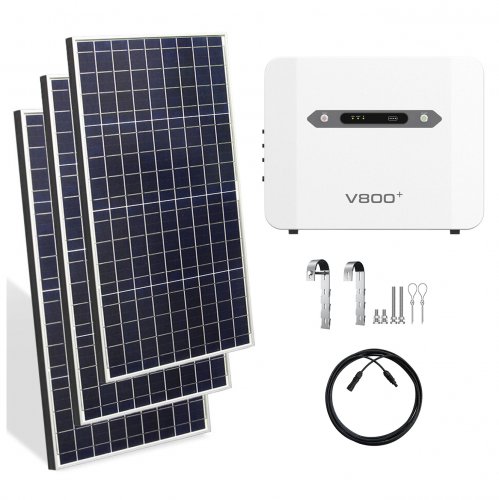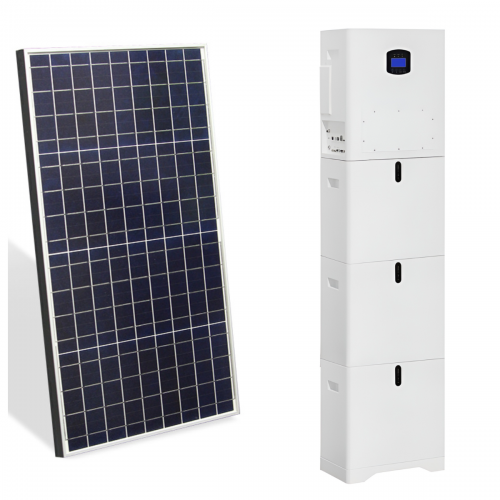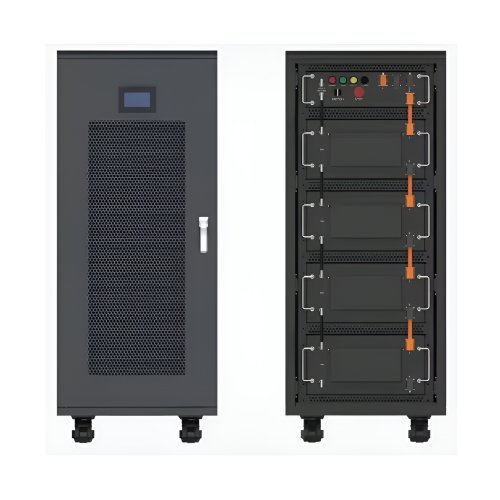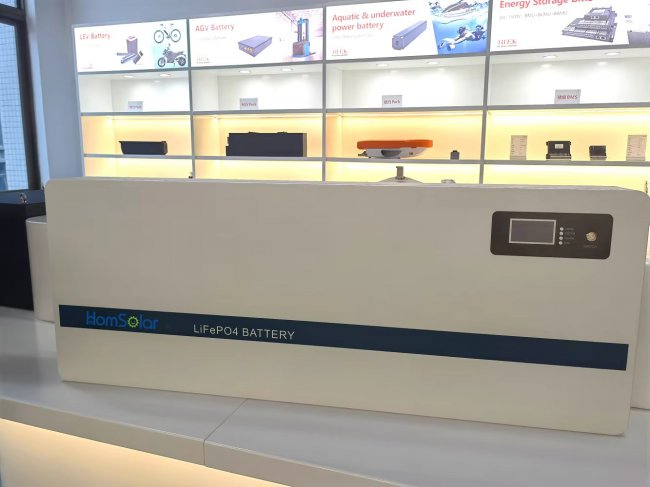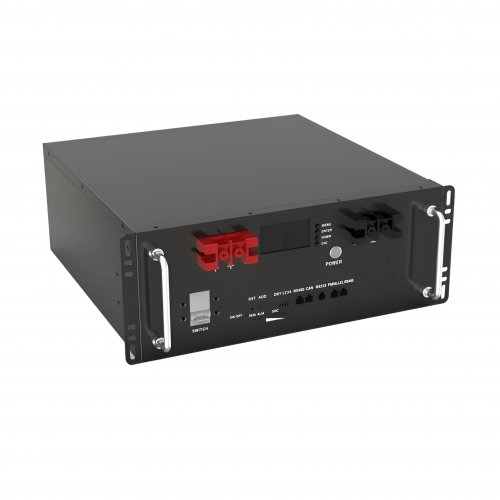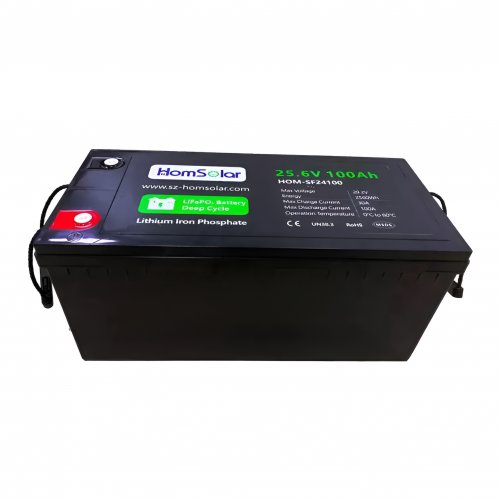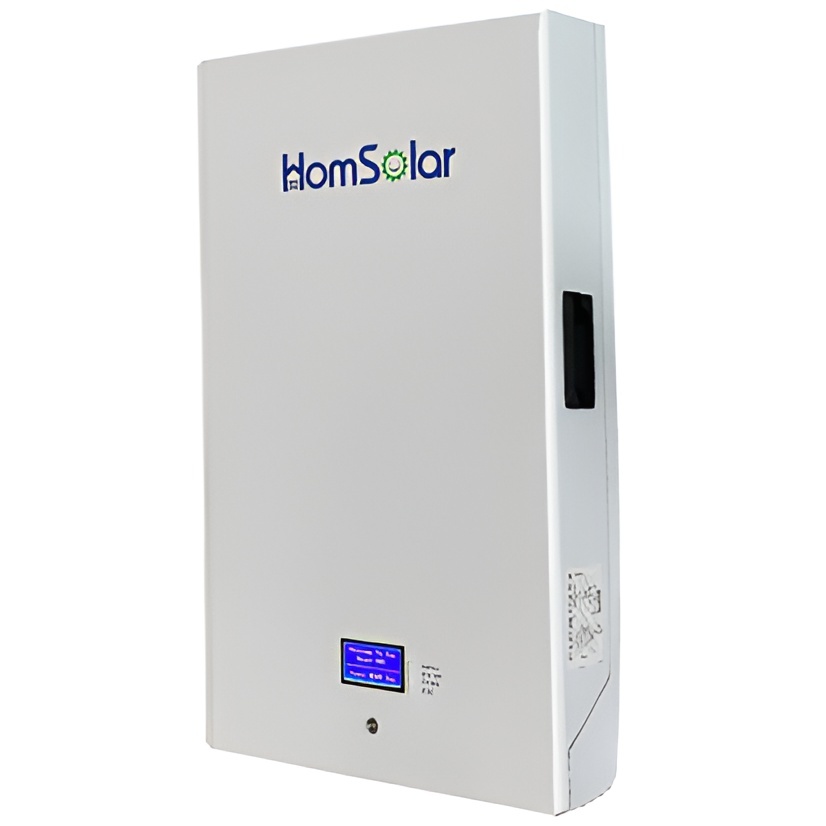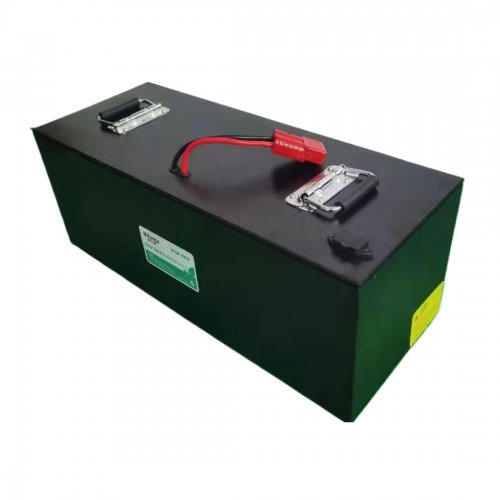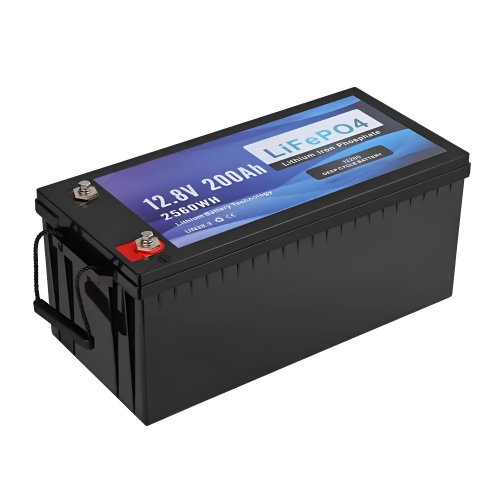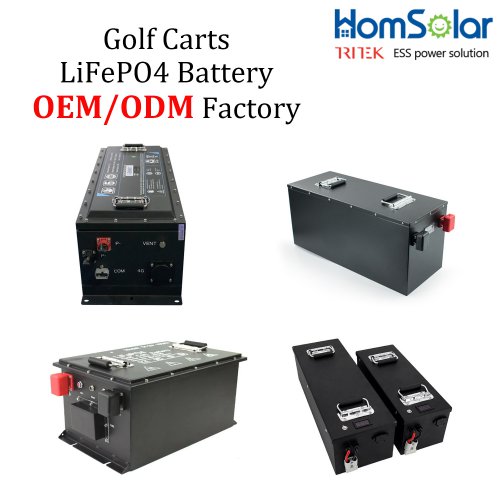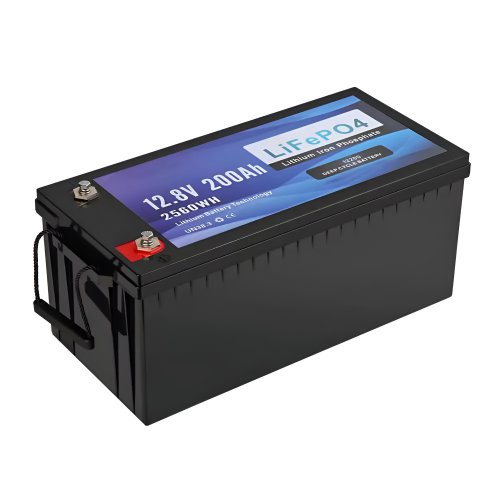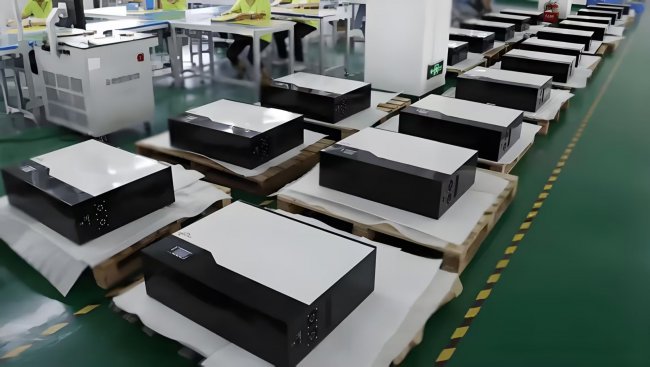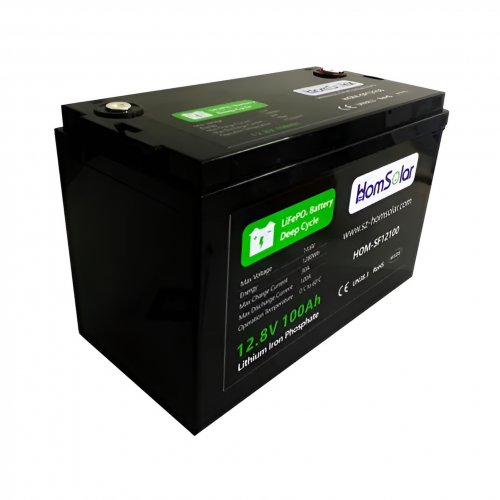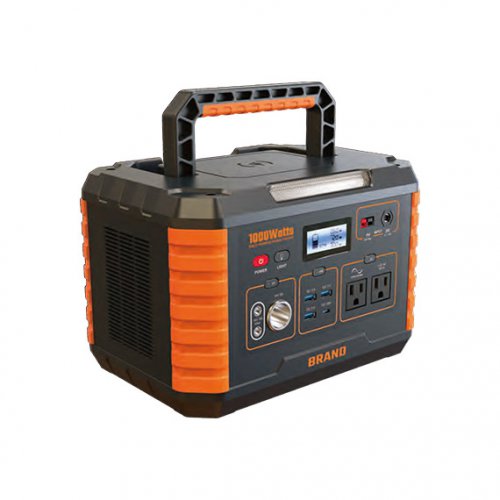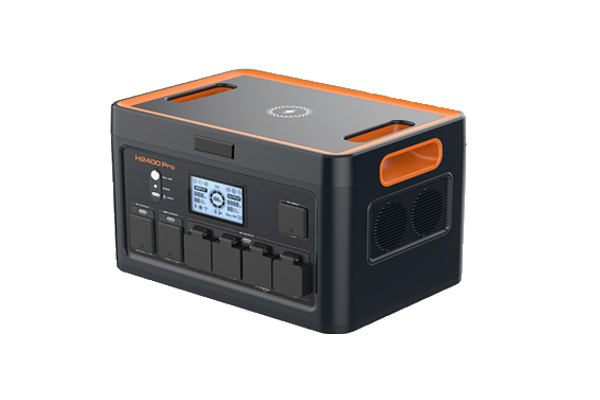Advances In Voltage Stability: Emerging Technologies And Future Directions
Voltage stability remains a critical challenge in modern power systems, particularly with the increasing integration of renewable energy sources, distributed generation, and electrified loads. Voltage instability can lead to cascading failures, blackouts, and significant economic losses. Recent advancements in monitoring, control, and optimization techniques have significantly improved voltage stability management. This article reviews the latest research breakthroughs, technological innovations, and future directions in voltage stability analysis and enhancement.
Phasor measurement units (PMUs) combined with wide-area monitoring systems (WAMS) provide high-resolution data for real-time stability assessment. A novel approach integrating PMU data with federated learning has been proposed to enhance privacy-preserving voltage stability analysis (Li et al., 2023).
Another breakthrough is the application of hybrid energy storage systems (HESS) with supercapacitors and batteries to mitigate rapid voltage fluctuations. A recent study demonstrated that HESS combined with MPC improves voltage stability in grids with high photovoltaic (PV) penetration (Chen et al., 2023).
Recent research has also explored adaptive VSM control, where parameters are dynamically adjusted based on real-time grid conditions (Meegahapola et al., 2023).
This article highlights the rapid evolution of voltage stability research, emphasizing the need for interdisciplinary approaches to ensure future grid resilience.
Customized/OEM/ODM Service
HomSolar Supports Lifepo4 battery pack customization/OEM/ODM service, welcome to contact us and tell us your needs.


HomSolar: Your One-stop LiFePO4 Battery Pack & ESS Solution Manufacturer
Our line of LiFePO4 (LFP) batteries offer a solution to demanding applications that require a lighter weight, longer life, and higher capacity battery. Features include advanced battery management systems (BMS), Bluetooth® communication and active intelligent monitoring.

Customised Lithium Iron Phosphate Battery Casing
ABS plastic housing, aluminium housing, stainless steel housing and iron housing are available, and can also be designed and customised according to your needs.

HomSolar Smart BMS
Intelligent Battery Management System for HomSolar Energy Storage System. Bluetooth, temperature sensor, LCD display, CAN interface, UART interface also available.


Terminals & Plugs Can Be Customized
A wide range of terminals and plugs can be customised to suit the application needs of your battery products.

Well-designed Solutions for Energy Storage Systems
We will design the perfect energy storage system solution according to your needs, so that you can easily solve the specific industry applications of battery products.



About Our Battery Cells
Our energy storage system products use brand new grade A LiFePO4 cells with a battery lifespan of more than 4,000 charge/discharge cycles.



Applications in Different Industries
We supply customized & OEM battery pack, assemble cells with wiring, fuse and plastic cover, all the cell wires connected to PCB plug or built BMS.
Applications: E-bike, Electric Scooter, Golf Carts, RV, Electric Wheelchair, Electric Tools, Robot Cleaner, Robot Sweeper, Solar Energy Storage System, Emergency Light, Solar Power Light, Medical Equipment, UPS Backup Power Supply.
We can provide you with customized services. We have the ability to provide a vertical supply chain, from single cells to pack/module and to a complete power solution with BMS, etc.


HomSolar (Shenzhen) Technology Co., Ltd







